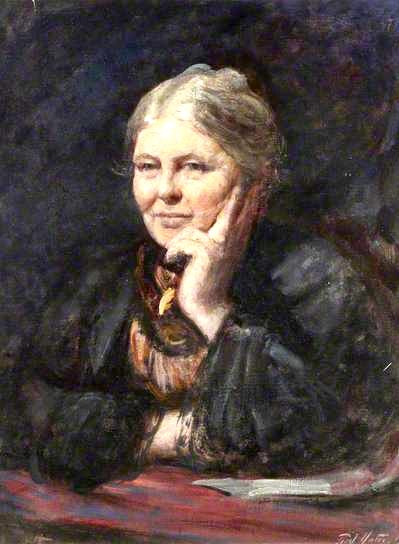What is Poet Study?
Older children should practice reading aloud every day, and their readings should include a good deal of poetry, to accustom him to the delicate rendering of shades of meaning, and especially to make him aware that words are beautiful in themselves, that they are a source of pleasure, and are worthy of our honour; and that a beautiful word deserves to be beautifully said, with a certain roundness of tone and precision of utterance. Quite young children are open to this sort of teaching, conveyed, not in a lesson, but by a word now and then.
Charlotte Mason
Poet study is an important part of the educational feast, leading to a rich education.
Charlotte Mason encourages studying one poet at a time. The goal is to become familiar with one poet per term. Slowing down and narrowing the focus to a single poet will result in absorbing the beautiful work and contribution of one life.
Poet study includes a study of the poet’s life and an immersion into some of the poet’s best poetry.
Serve tea and treats while you study poetry to make it special. Take turns reading, reciting, and discussing the poetry.
Children thrive when given the opportunity to recite poetry. Poetry articulates emotions and thoughts otherwise difficult to put into words.
Recitation is a natural response to learning a poem and gives students an opportunity to share the gift of poetry.
Here are 5 simple steps to a successful poet study:
- Choose one poet to focus on for the term.
- Learn about the poet’s childhood, training, and contributions. Narrate the story of their life.
- Once a week, brew some afternoon tea for your children and serve it with scones or cookies. Read a poem aloud.
- Discuss the meaning of the poem.
- Recite the poem.
Over the course of a 12 week term, your student will become familiar with the poet’s style and will start to feel comfortable in the world of poetry.
Discover the joy of including poet study in your educational feast!


